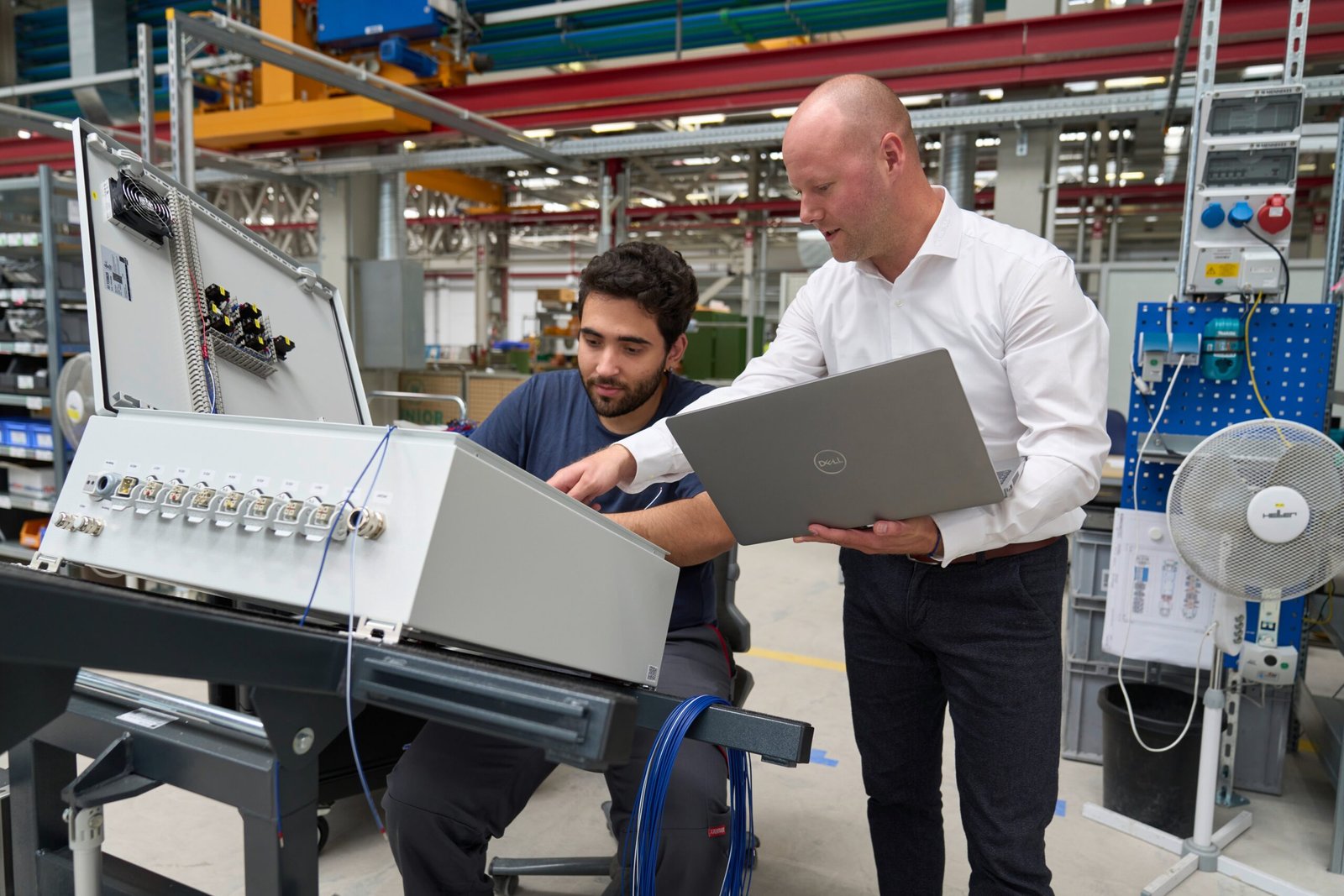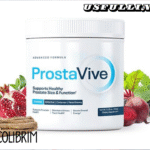Electrical systems are at the heart of modern industries — from manufacturing plants and data centers to renewable energy systems and building automation. To ensure their safety and reliability, these systems need proper protection against dust, moisture, vibration, and environmental hazards. That’s where electrical enclosures come in.
Choosing the right electrical enclosure may seem like a small decision, but it plays a huge role in equipment performance, safety, and maintenance. In this comprehensive guide, we’ll explore what electrical enclosures are, why they matter, and how to select the perfect type for your application.
1. What Is an Electrical Enclosure?
An electrical enclosure is a protective cabinet or housing designed to contain electrical components such as circuit breakers, control panels, switches, and wiring. Its main purpose is to shield sensitive electrical parts from external elements like dust, water, and heat, while also protecting operators from accidental contact with live electrical parts.
These enclosures are made from various materials — including stainless steel, aluminum, and polycarbonate — and come in multiple configurations depending on the environment and industry requirements.
2. Why Electrical Enclosures Are So Important
Electrical enclosures do far more than just hide wires and switches. They are critical for:
- Safety: Prevent accidental electric shocks and fire hazards.
- Protection: Shield sensitive electrical components from dust, water, and corrosion.
- Organization: Keep cables and electrical parts neatly arranged.
- Durability: Increase the lifespan of control systems and equipment.
- Compliance: Meet industry regulations for workplace safety and performance.
A well-designed electrical enclosure ensures consistent operation even in harsh industrial or outdoor conditions. That’s why working with an experienced electrical enclosure manufacturer is vital for ensuring both quality and reliability.
3. Common Types of Electrical Enclosures
Electrical enclosures come in a variety of designs, each suited for specific applications. Let’s look at some of the most common types used across industries:
a. Wall-Mounted Enclosures
Compact and versatile, wall-mounted enclosures are perfect for smaller control systems or panels in confined spaces. They’re often used in commercial buildings, offices, and factories.
b. Floor-Standing Enclosures
These are larger and designed for housing complex electrical assemblies. They’re typically found in industrial environments with heavy-duty equipment.
c. Junction Boxes
Used to connect and protect wiring systems, junction boxes provide easy access for maintenance and modifications.
d. Modular Enclosures
Highly customizable and scalable, modular enclosures allow engineers to expand systems easily. They are common in manufacturing and automation industries.
e. Outdoor Enclosures
Built to resist harsh weather conditions, these enclosures protect outdoor electrical components from moisture, dust, and temperature fluctuations.
Each type serves a specific purpose, and selecting the right one depends on your equipment’s location, usage, and environmental exposure.
4. Factors to Consider When Choosing an Electrical Enclosure
Before you select an electrical enclosure, it’s crucial to understand your system’s needs and the conditions it will operate in. Below are the key factors to consider:
1. Material Selection
The enclosure’s material directly affects its durability, corrosion resistance, and cost.
- Stainless Steel: Ideal for industries exposed to moisture, chemicals, or high temperatures.
- Aluminum: Lightweight, corrosion-resistant, and suitable for both indoor and outdoor use.
- Polycarbonate or Plastic: Affordable, non-conductive, and great for smaller electronic systems.
- Carbon Steel: Strong and economical for indoor applications where corrosion is minimal.
Working with a reliable electrical enclosure manufacturer ensures you get expert advice on which material fits your project best.
2. IP and NEMA Ratings
Ingress Protection (IP) and NEMA ratings indicate how well an enclosure resists dust and water. For example:
- IP65: Dust-tight and protected against low-pressure water jets.
- NEMA 4X: Corrosion-resistant and suitable for outdoor use.
- IP68: Can be submerged in water for extended periods.
Choosing the right rating ensures your enclosure performs optimally in its intended environment.
3. Size and Space
Your enclosure should comfortably fit all electrical components with room for airflow and future expansion. Overcrowded enclosures can cause overheating and electrical faults.
4. Cooling and Ventilation
In applications with high power loads, heat buildup can damage components. Consider enclosures with built-in cooling fans, vents, or heat exchangers to maintain a stable internal temperature.
5. Environmental Conditions
Outdoor enclosures must withstand UV exposure, rain, and temperature swings. Indoor enclosures in industrial settings might face vibration, dust, or chemical exposure. Selecting the right enclosure ensures consistent protection under these challenges.
6. Accessibility and Maintenance
Ease of maintenance is often overlooked. Features like hinged doors, removable panels, or transparent covers allow technicians to perform inspections or repairs efficiently.
5. Industries That Rely on Electrical Enclosures
Electrical enclosures are essential across numerous sectors. Here’s where they’re commonly used:
- Manufacturing: For machinery control systems and power distribution.
- Oil and Gas: To protect electrical equipment in hazardous and corrosive environments.
- Telecommunications: For housing network and signal control systems.
- Renewable Energy: Solar and wind systems depend on durable enclosures for outdoor installations.
- Building Automation: Used in HVAC control panels, lighting systems, and energy management.
Each industry has unique requirements, which is why partnering with a global electrical enclosure manufacturer like Lianjie Supply Chain ensures tailored solutions to meet international standards.
6. Benefits of Working with a Professional Manufacturer
Selecting a reliable manufacturing partner offers several key advantages:
1. Quality Assurance
Reputable manufacturers use advanced materials and strict quality control to ensure each enclosure meets performance standards.
2. Customization
Every project has specific needs. Whether you require a unique size, ventilation system, or coating, expert manufacturers can design enclosures that fit your exact requirements.
3. Compliance and Certification
Global suppliers ensure all enclosures meet international safety and performance standards like ISO, CE, and UL certifications.
4. Cost Efficiency
Manufacturers that specialize in bulk production and sourcing help reduce costs without sacrificing quality.
5. Global Sourcing Support
Companies such as Lianjie Supply Chain provide access to reliable suppliers across the world, helping businesses source high-quality electrical enclosures at competitive prices.
7. The Role of Global Sourcing in Electrical Enclosure Manufacturing
Global sourcing has transformed the way industries procure essential components. It allows companies to find cost-effective, high-quality products by leveraging suppliers from different countries.
Working with a global sourcing platform like Lianjie Supply Chain offers several benefits:
- Wider Supplier Network: Access to multiple verified manufacturers.
- Better Pricing: Competitive quotes due to diverse sourcing options.
- Quality Control: Pre-screened suppliers ensure reliability and compliance.
- Faster Production: Streamlined logistics and communication channels.
This global approach is especially valuable for businesses that require large-scale electrical enclosure solutions customized to their needs.
8. How Custom Electrical Enclosures Improve System Performance
Off-the-shelf enclosures may not always meet specific industrial requirements. Custom enclosures are designed to optimize system performance by:
- Accommodating unique equipment layouts
- Enhancing thermal management
- Reducing installation time
- Providing additional protection against environmental factors
By working with experienced professionals, you ensure your custom enclosure aligns perfectly with your application’s operational and safety needs.
9. Maintenance Tips for Electrical Enclosures
Even the best enclosures need proper care to ensure long-lasting performance. Here are a few maintenance tips:
- Inspect Regularly: Look for signs of corrosion, rust, or loose fittings.
- Check Seals and Gaskets: Replace them if they show wear to maintain the enclosure’s IP rating.
- Clean Vents and Filters: Remove dust or debris that could block airflow.
- Test Electrical Components: Verify that all systems are functioning safely.
Routine maintenance helps prevent downtime and ensures your equipment continues to perform reliably.
10. Future Trends in Electrical Enclosure Manufacturing
The electrical enclosure industry continues to evolve with advances in technology and materials. Some of the latest trends include:
- Smart Enclosures: Integrated sensors for monitoring temperature and humidity.
- Lightweight Materials: Use of high-performance plastics and composites.
- Sustainable Manufacturing: Focus on recyclable materials and eco-friendly production.
- Modular Design: Allowing for flexible configurations and scalability.
Manufacturers that stay ahead of these trends — such as global suppliers found through Lianjie Supply Chain — are helping businesses adapt to the next generation of industrial automation.
Conclusion
Selecting the right electrical enclosure is more than just choosing a box for your equipment — it’s about ensuring safety, reliability, and long-term performance. From understanding materials and ratings to evaluating environmental conditions and maintenance, every detail matters.
By partnering with a reputable electrical enclosure manufacturer, you gain access to quality craftsmanship, customization options, and global expertise. Companies like Lianjie Supply Chain make it easier for businesses to source high-quality enclosures that meet international standards, offering a perfect balance of performance, durability, and cost-efficiency.






